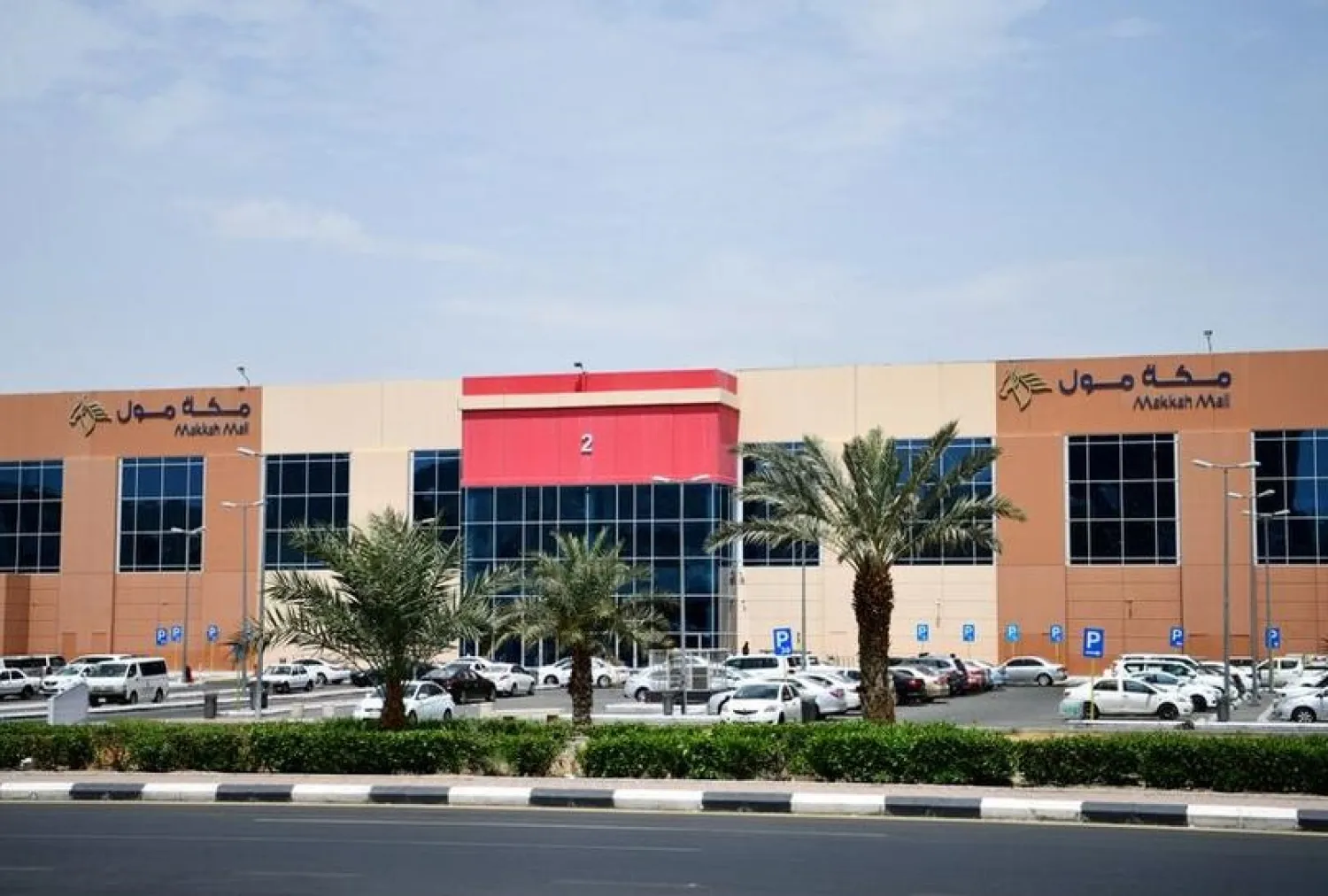Malls, supermarkets, restaurants and cafes in Saudi Arabia must increase their percentage of local hires, the Kingdom’s ministry of human resources and social development announced on Wednesday.
A set of three decisions announced by Minister Ahmed bin Suleiman al-Rajhi was expected to provide 51,000 jobs for Saudi men and women, state news agency SPA reported. The move is part of a wider governmental push to replace expatriate workers with Saudi citizens.
The first decision would limit only Saudis to work in malls and mall management offices, “with the exception of a limited number of activities and professions in these malls.”
Supermarkets, restaurants and cafes would have to increase the number of Saudi citizens on payroll, in keeping with ministry issued guidelines.
Penalties would be issued to commercial establishments that violate the new ordinances, according to SPA, the rules of which would be made available on the ministry website.
Unemployment among Saudi citizens fell to 12.6% in the fourth quarter of 2020 from 14.9% in the third quarter, official data from the world’s biggest oil exporter showed on Wednesday.
The government has been pushing through economic reforms since 2016 to create millions of jobs and reduce unemployment to 7% by 2030. The plans were disrupted by the coronavirus crisis, which sent oil prices plummeting last year.









